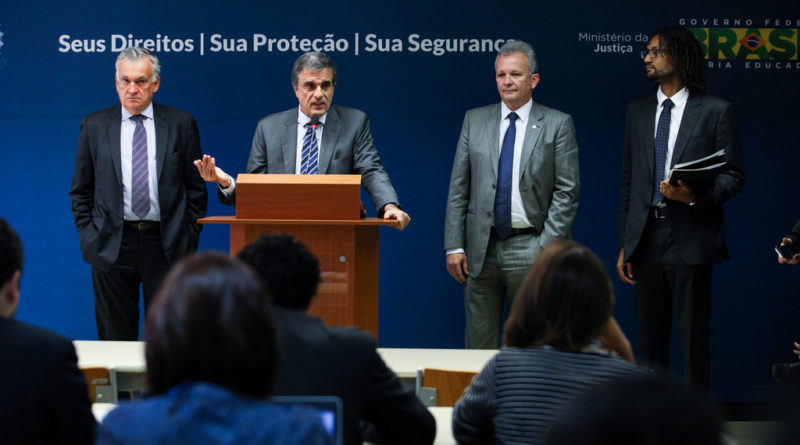Brazil’s Lowered Standards on Internet Freedom
By Desirée Mota and Raphael Mariani, Research Associates at the Council on Hemispheric Affairs
Digital security is one of the topics that has dominated various political agendas throughout the world, fueling debate over governments’ tradeoffs between national security and civil liberties. While the United States, China, Russia and other nations are criticized for constant Internet violations on citizens, another country took on the vacant leadership position as guardian of Internet freedom: Brazil. Between 2010 and 2015, Brazil shaped the concept of global Internet governance by introducing and pushing the idea of Internet civil rights, becoming a world leader in online democratization and freedom, but it no longer is. Brazil is now polarized; the executive branch advocates for Internet freedom internationally while some federal judges perform temporal blockage under the pretext of advancing the common good.
This analysis is part of COHA’s Publication The Washington Report on the Hemisphere (WRH) – Issue 11, Vol. 36. To access the full version, click here.
The WRH is widely considered to be one of the most respected and reliable publications of its kind. Subscribing to the WRH supports COHA’s mission to promote the expansion of human rights in Latin America, as well as to encourage beneficial U.S. foreign policy towards the region.


